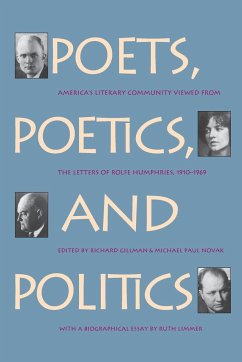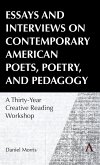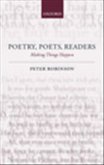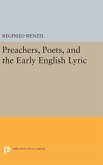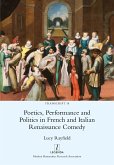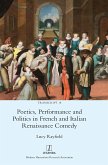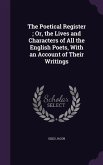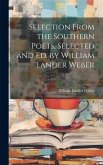Rolfe Humphries (1894-1969), in addition to being an outstanding poet, left an impressive trail as a translator, teacher, critic, and editor. But, as Richard Gillman maintains in the introduction to this volume, poetry was the driving force behind these other special skills and interests. Humphries was, Gillman writes, an example of "the total poet. . . . If ever there were poets who did in fact breathe their art, he was one of them." These letters for the first time illumine Humphries and his achievements. We see him as the mentor to younger poets including Theodore Roethke, providing rare glimpses of poetics and the creative process; the teacher so charmed by horseracing he sometimes "put an exam on the blackboard . . . and then bugged out for the track"; the "literary terrorist" whose criticism Robert Frost never forgot and probably never forgave him for; the translator whose Aeneid prompted W. H. Auden to call it "a service for which no public reward could be too great"; the author of an introduction to Ezra Pound's poems who demanded that a reference to his anti-Semitism be deleted. And so on and on, in all of Humphries' surprising variety and unfailing candor. Active in America's literary community, Humphries was a friend of many poets and writers, including Louise Bogan, Edmund Wilson, and Roethke. This volume takes on added meaning by completing the published account of the relationships of these four as already told by Roethke, Bogan, and, to a lesser extent, Wilson. Poets, Poetics, and Politics is set in a period that opened just two years before the birth of Harriet Monroe's Poetry; when it closed, most of the twentieth century's literary giants had died. Also in this time,many writers, Humphries included, dreamed the dreams of communism; his letters on this subject are both informative and absorbing.
Bitte wählen Sie Ihr Anliegen aus.
Rechnungen
Retourenschein anfordern
Bestellstatus
Storno

